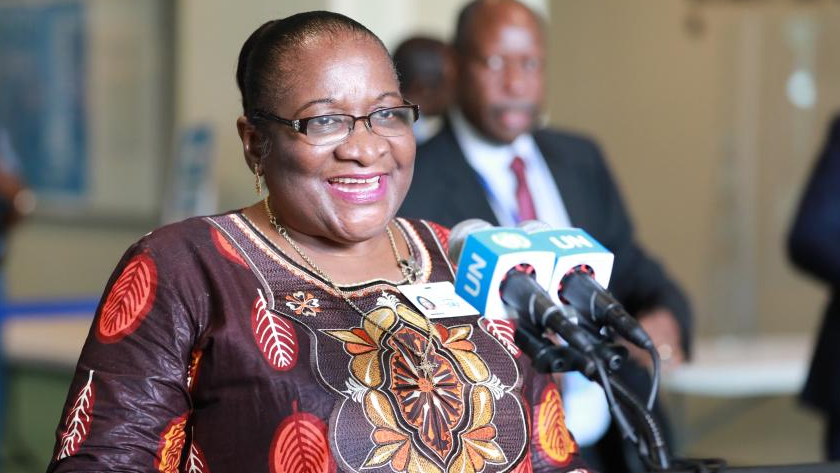Iran Press/ America: The newly elected members will take up their new responsibilities on Jan. 1, 2023, and will serve till Dec. 31, 2024.
Accoring to Xinhua, all five candidates were running unopposed on Thursday. They will replace the outgoing non-permanent members of India, Ireland, Kenya, Mexico and Norway.
A candidate must obtain the support of two-thirds of the UN member states present and voting at the General Assembly session in order to secure a non-permanent seat on the Security Council, regardless of whether the candidacy is contested or not. This means that a minimum of 129 positive votes are required to win a seat if all 193 member states are present and voting. Member states that abstain are considered not voting.

In Thursday's voting, Mozambique and Ecuador won the support of all member states that were present and voting, with 192 and 190 votes respectively. Switzerland won 187 votes, Malta won 185 votes, and Japan won 184 votes, according to results announced by Abdulla Shahid, the current General Assembly president, who presided over the voting process.
Among the five newly elected members, Mozambique and Switzerland have never served on the Security Council. With Thursday's election, Japan will set the record of 12 Security Council terms. Brazil is currently serving its 11th term.

The Security Council has 15 members, five of which are permanent ones: Britain, China, France, Russia and the United States. The 10 non-permanent seats of the council are allocated by geographic region, with five replaced each year.
The five newly elected countries represent Africa, Asia-Pacific, Latin America and the Caribbean, and Western Europe and other states. The Eastern European group is not contesting any seats this year, as its one seat, held by Albania, comes up for election every other year.
224
Read More:
UN security council to hold emergency meeting on Ukraine crisis
Africa renews push for favorable UN Security Council reforms
Maryam Abolbagha

